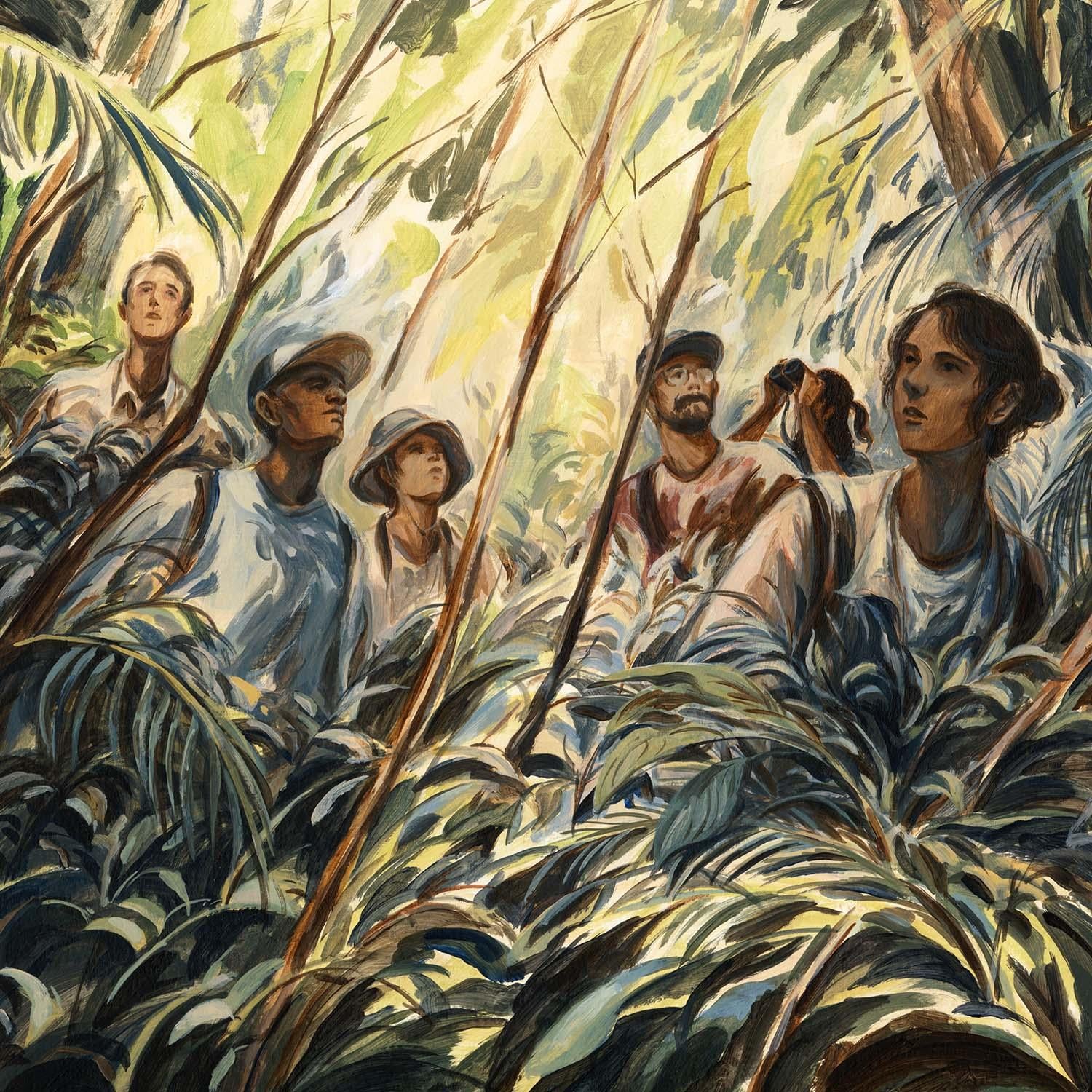
The Colorado-Brazil Program on Sustainable Development Education

The tropical forests of Brazil are legendary for their breadth and beauty. But beneath the canopy, concerns about the forests’ role in carbon sequestration and biodiversity conservation overlap with the rights of those who live in and off of the forests — rights to develop the area, lift oneself out of poverty, make a living or preserve one’s culture.
In May 2022, 10 graduate students in CU’s Masters in the Environment (MENV) program journeyed into the Amazon and Atlantic forests with the Colorado-Brazil Program for Sustainable Development Education to consider those intersections.
They studied how stakeholders in these areas work for sustainable development while navigating the tensions between land-use and conservation; preservation of traditional, remote communities and access to more urban resources; and forest-dependent livelihoods and sustainable supply chains.
The three-week program trained the cohort of professional master’s students to work at the science-policy interface, teaching them skills to help communities worldwide mitigate climate change, conserve biodiversity and promote sustainable livelihood objectives while keeping human interest at the heart of problem-solving.
“It’s a wake-up call to think about bottom-up solutions that really work for the people in the regions we talk about; places with millions of people who are dealing with poverty versus conservation. It helps students factor that into the work they go on to do,” said Colleen Scanlon Lyons, program leader and CU associate research professor.
While the MENV program provides real-world experience, perhaps most heartening — and unique to the program — are the relationships it fosters. Designed to initiate lasting international collaboration, the program joins CU students with master’s students from both Brazil’s University of Amazonas and its Universidade Estadual de Santa Cruz, forging bonds and insights students will carry far into their professional careers.
Said David Meens, director of CU’s Office of Outreach and Engagement: “There is no substitute for being in that boundary-spanning context where you are developing partners, developing programming together and considering the interests of folks involved who have very different positions and very different economic and cultural situations.”

